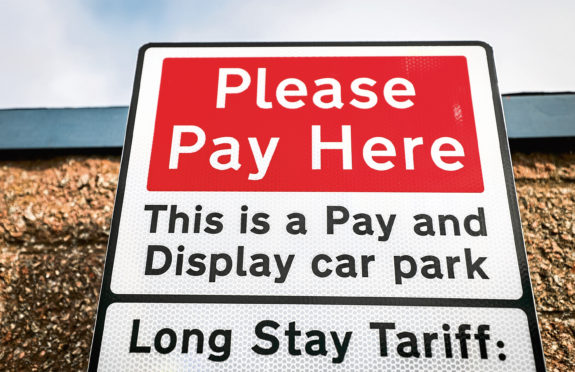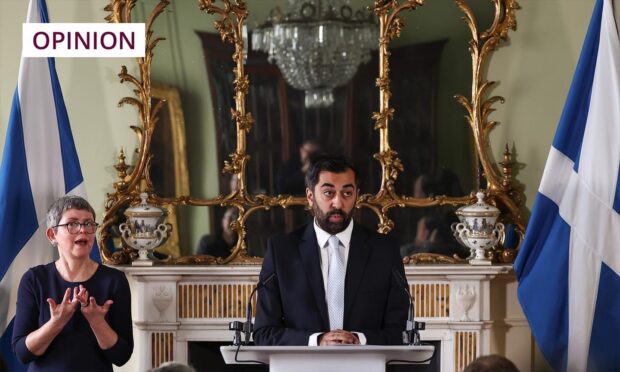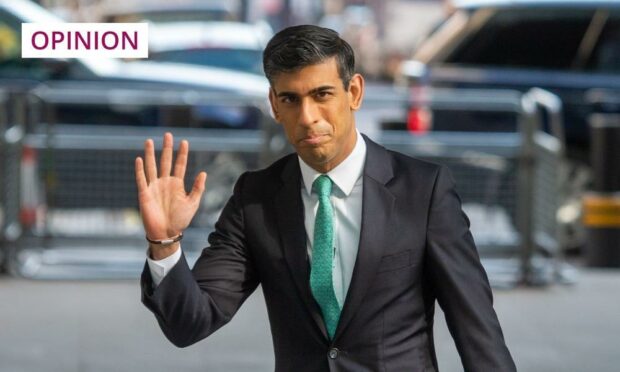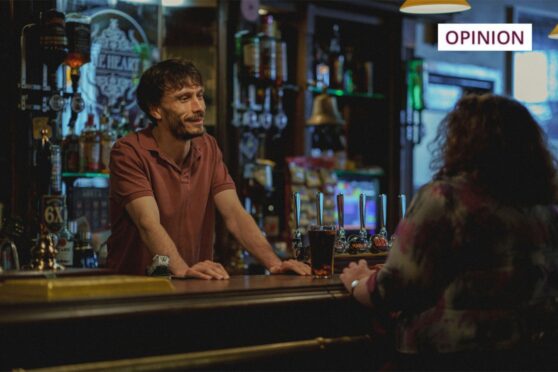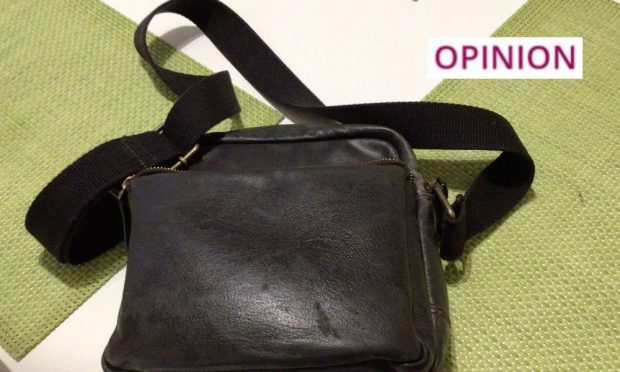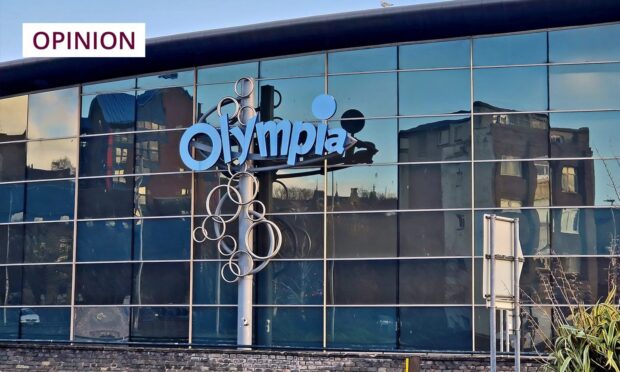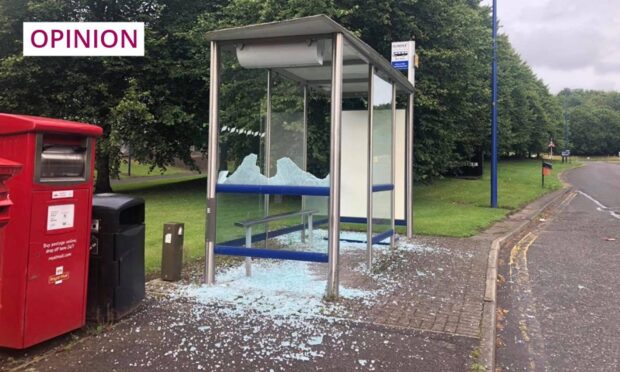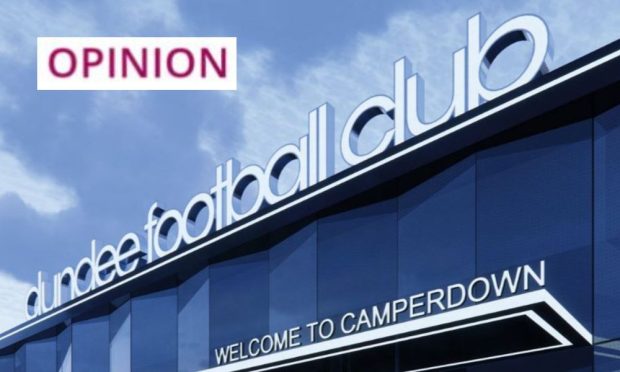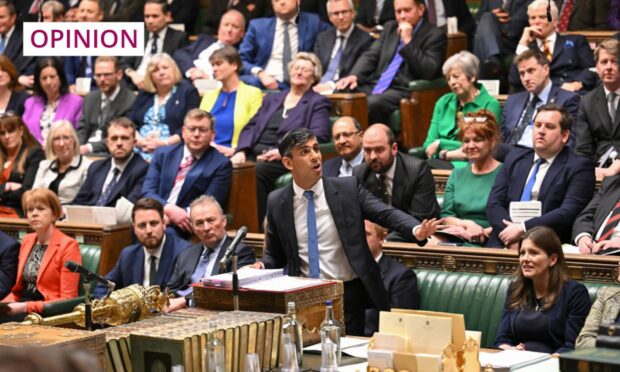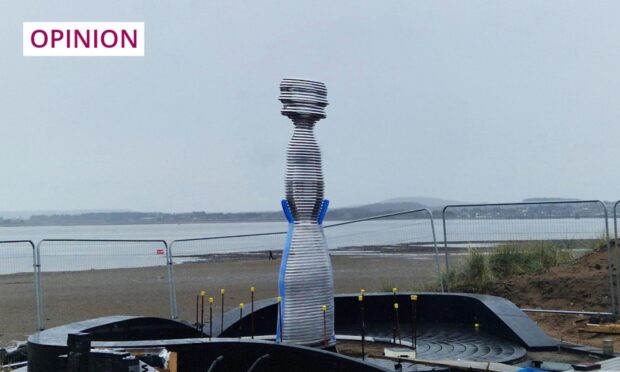Sir, – I fear that those really responsible for this half baked parking charge idea in Angus will never be held to account.
It is the unelected officers who come up with these ideas and create the reports for elected councillors.
They only have to persuade the admin leaders who in turn then tell their group councillors which way to vote.
This situation has been the way local authorities have been run for many years now.
I saw it first hand when serving as a councillor in Aberdeenshire for five years.
Elected members have changed over the years from taking a message from their residents to officers and creating the policies which benefit the area.
Now councillors are reduced to being little more than message boys, taking policy from unelected officers to the local population.
The party system that puts forward candidates for election suits these ever present officers because elected councillors are too busy arguing among themselves to notice who is really spending all the money.
It is long past time when those elected should be getting together to wrest back control from the unelected and faceless bureaucrats.
It should be the case that the councillors, democratically elected by the public, run the local authorities.
They should be able to spend the money which, after all, has been raised for the supposed benefit of the community they are supposed to serve.
Dave Stewart.
5 Main Street,
Luthermuir.
Nobody has a solution
Sir, – I write regarding the car parking charges in Angus towns.
I don’t object to paying for my car but I will not put my banking card and PIN into a machine in a car park.
As a result of this, I now only shop at supermarkets.
I have complained to the council and my councillor only to be told I could apply for six months or a year but I cannot afford to do this.
I live in a rural area where there is no bus service so I really do not know what the answer to this problem is.
Moira Jane Scott.
Kingsbridge,
Eskhill.
No justice in location choice
Sir, – I write with regard to the announcement that Leith has been identified as the home of a major film and television studio for Scotland (“Action! – Plans for new film studio in Scotland”, Courier, December 7).
I believe this demonstrates a complete failure of the so-called creative imagination.
The majority of Scots appreciate the need to maximise the potential of the leisure and creative industries which command an increasing share of the national economy.
The decision to site this facility in the overheated Edinburgh area is dreadful and utterly regressive, both in terms of initial investment cost and subsequent economic act.
This will not only allow more public as well as private resources into the area which least requires it, but it will impose further burdens on the capital itself, for example more travel congestion, higher house prices, labour shortages and more.
This is merely the latest in a long line of short-sighted decisions to centralise facilities and investment, for example HMRC’s centralisation of Scottish jobs in New Waverley last year and going back to the Scottish Parliament and brand new Scottish Government buildings, also in Leith.
Has the Scottish Government learned nothing from the devastating imbalance that over centralising the UK in London has created?
It has distorted the economy, denied vital opportunities to other areas and yet continues to greedily consume much higher levels of public investment than any other part of the country.
This locational choice also carries huge opportunity cost, denying the economic boost to many post-industrial areas which are increasingly deprived and left behind.
My own former mining community of Levenmouth is falling further behind.
We can see Leith clearly across the Forth and we have large industrial sites available and more unemployed.
Yet only 2% of working age adults here are employed in Edinburgh because we are denied the modest investment to reopen the short stretch of mothballed railway line.
If not here then many other struggling post-industrial areas in Lanarkshire or Ayrshire are much more deserving of such investment and redistribution would benefit the entire economy.
All these fine government policies on inclusion are clearly easily sold out to capital lobbyists and our supine political representatives.
Stuart McIntosh.
Kirkland Walk,
Methil.
Greed will not solve anything
Sir, – Derek Farmer (Letters, December 6) has invited me to tell him where the money would come from to run the economy of an independent Scotland.
The answer to that is simple because it would have its own treasury, free from Westminster interference.
Unlike at the present time, all revenues from Scotland’s trading activities would go to Edinburgh together with the sums raised via the devolved taxes he highlighted.
The significance then, which is the part that seems to have eluded him, is that Scotland – through its full fiscal powers – would actually have all the money involved, unlike currently being tied to Barnett which sees the block grant reduced by an amount equivalent to the additional revenues raised in keeping with the devolved powers arrangement which is no more than a sham to make people like Mr Farmer believe that Scotland is a beneficiary of English generosity.
In desperation to score points he draws attention to irrelevant examples of failed nations which attempted to go it alone.
In the time honoured manner of the embracers of right wing economics desperately keen to win a debate about caring and sharing for people less fortunate than themselves, he sinks to the level of slapping the dreaded label of communist on the opposition.
Communism is a failed ideal simply because the leaders of past attempts to introduce the concept all became as greedy as those they sought to replace in the first place.
Allan A MacDougall.
37 Forth Park,
Bridge of Allan.
Democracy cuts both ways
Sir, – From all sides of the political spectrum those pushing the Brexit “Leave” campaign constantly quote as their authority “the democratic will of the people”.
In his Courier letter (December 5) Dave Coull recalls that as almost two out of three voters in Scotland polled “Remain” and not “Leave”, from a Scottish perspective this result is undemocratic if ignored.
However, does the “democratic will of the people” in Britain justify the drive we are currently experiencing from leaders seeking to leave the European Union at any cost?
Perhaps not.
Every “Leave” option currently being pursued by autocratic means, yet quoting democracy as the honourable route, leads to UK financial loss as a guaranteed outcome.
In the national poll of two years ago, one third of the UK population did not cast a vote, and in so doing withheld permission to give the government explicit approval for Britain to leave the EU.
The actual vote itself split the country in half.
Put simplistically, one in three persons voted to leave; one in three voted to stay; and one in three abstained from voting.
Two out of every three persons in the UK did not agree to leave.
Should the “democratic will of the people” actually sit astride the Remaining pole?
Andrew Lothian.
69 Dundee Road,
Broughty Ferry.
Immigration issue is complex
Sir, – I’m not surprised that attitudes toward immigration in Scotland are broadly the same as in the rest of the UK, but the questions asked were simplistic.
Is immigration good or bad? That’s about as sensible as asking whether food is good or bad.
You need enough of a good variety of nutritional food, spaced sensibly through the day.
The key questions with immigration are how much, how quickly and what mix of people.
The economic benefits of immigration are small, but, if mismanaged, the social costs can be high.
Richard Lucas.
272 Bath Street,
Glasgow.
